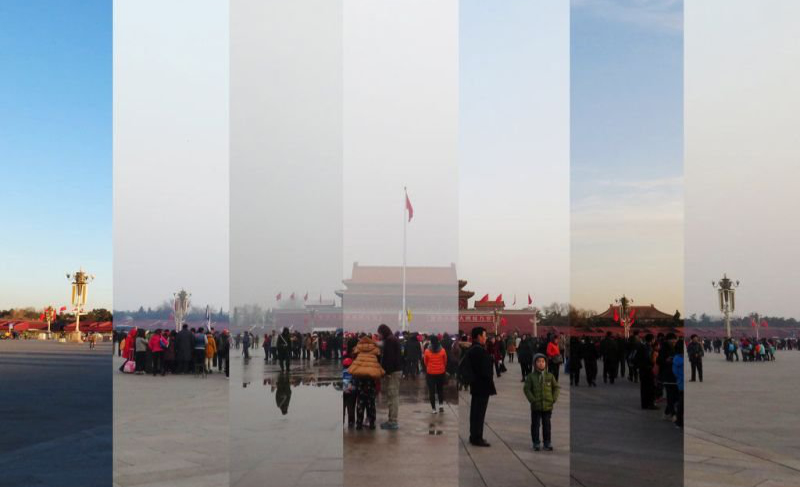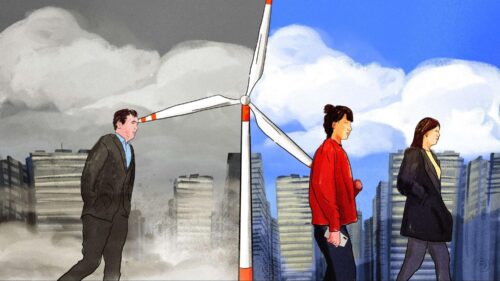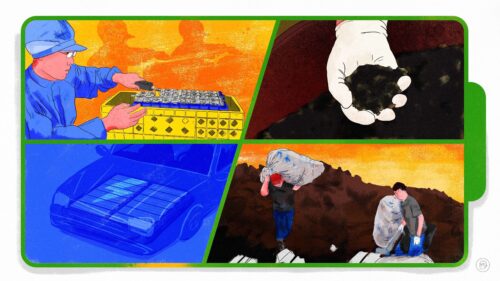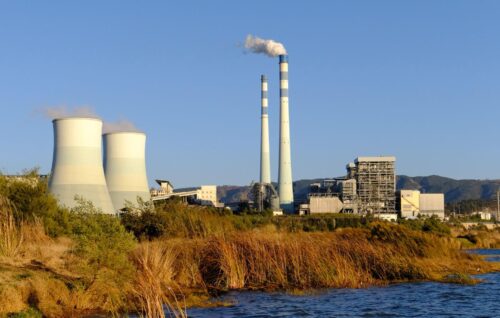China wins first battle in ‘war against pollution’

For many years now, China has struggled to balance its economic development with environmental sustainability. The problem became especially unavoidable, undeniable, and irresistible for overseas media in 2013, when Beijing and its surroundings faced the “airpocalypse,” an all-encompassing blanket of smog in historic proportions. By 2014, Premier Li Keqiang vowed a “war against pollution,” a proposal whose seriousness was met with some skepticism at the time. The ambivalence of the government was proved, some argued, when a 2015 documentary called Under the Dome detailed the intractability of the problem of air pollution, and was censored after a week — long enough to raise awareness, but not long enough, perhaps, to birth an environmental movement for lasting change.
Now it is clear that air pollution, particularly in China’s largest cities, is rapidly declining.
- “Beijing’s readings on concentrations of fine particulates declined by 35 percent [since 2014]; Hebei Province’s capital city, Shijiazhuang, cut its concentration by 39 percent; and Baoding, called China’s most polluted city in 2015, reduced its concentration by 38 percent.” That is the finding of Michael Greenstone of the Energy Policy Institute at the University of Chicago, writing (paywall) in the New York Times.
- Life expectancy in those three cities will rise by about 3.3 years for Beijingers, 5.3 years for those in Shijiazhuang, and 4.5 years for residents of Baoding, Greenstone found.
- “Residents nationally could expect to live 2.4 years longer on average if the declines in air pollution persisted,” Greenstone estimates.
- He cautions, however, that “China’s early reductions in air pollution have been achieved through an engineering-style fiat that dictates specific actions, rather than relying on markets to find the least expensive methods to reduce pollution,” and that “further improvements will also be much costlier than necessary if they too are pursued by fiat, particularly with many of the easier fixes having already been made.”
- Read Greenstone’s paper detailing his research and findings here.
Air pollution, of course, is only one front — one battle — in China’s war against pollution. Some of the others, including water and soil pollution, are alarmingly severe. China’s best hopes for addressing air pollution in the long term, including by leading the world in solar panel and electric vehicle production and sales, as Bloomberg reports, also do nothing to address water and soil pollution. But for now, we can all breathe just a little easier in China’s big cities, as the first of many battles in the “war against pollution” has seen remarkable success.






